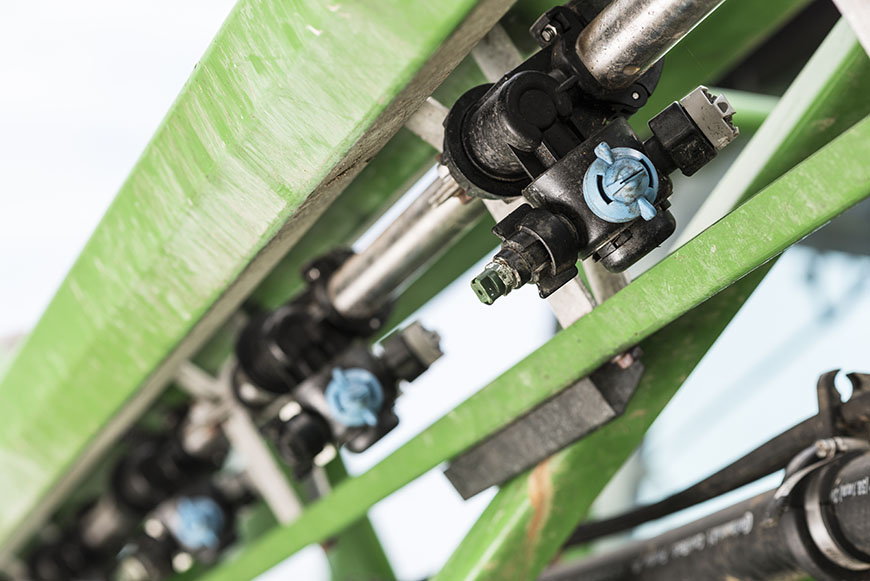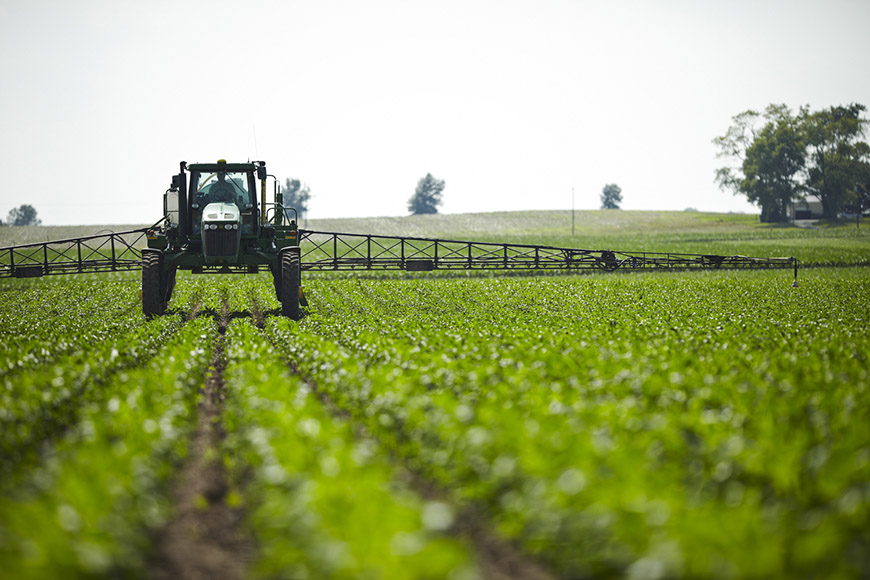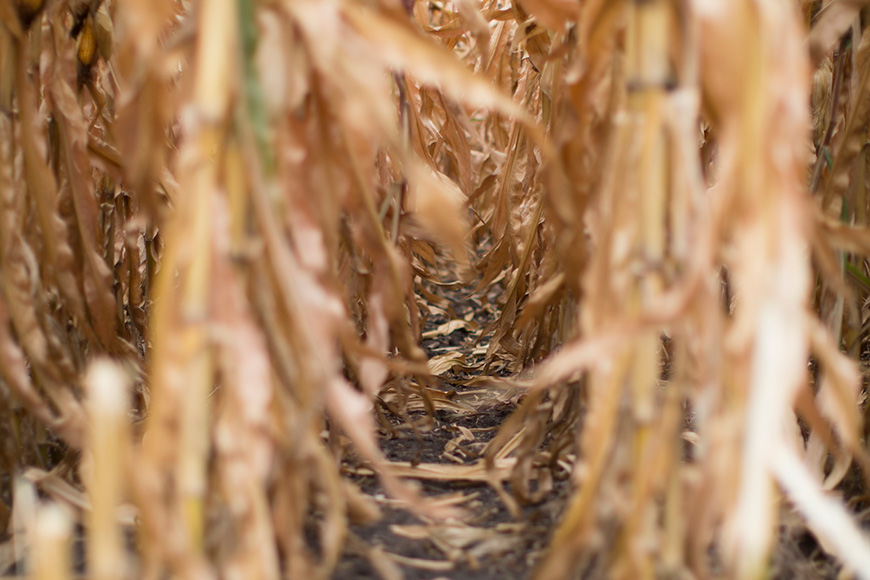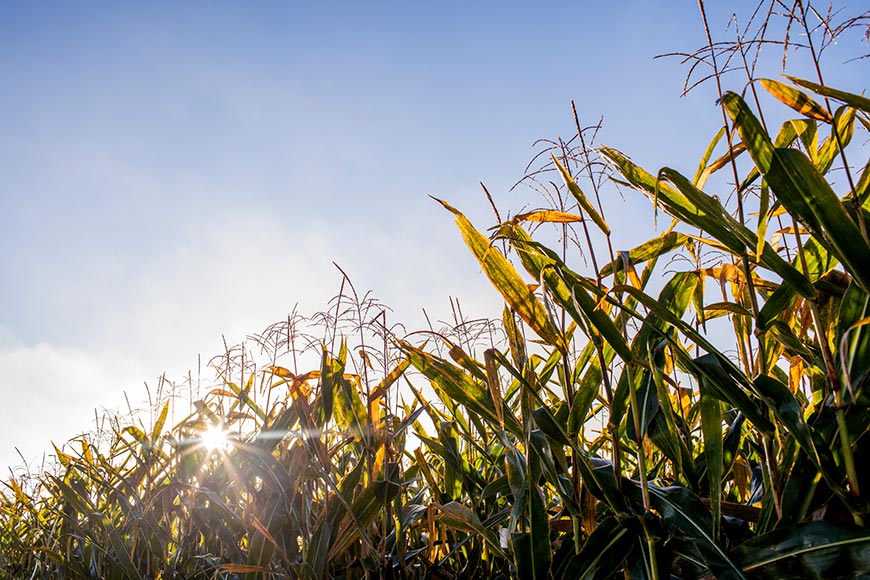Does Fall Burndown Pay Off?

For farmers who adopt minimum- or no-till practices, controlling weeds throughout the fall can be crucial — particularly for winter annual weeds like marestail and perennials, such as dandelions. Overwintered marestail, for example, is very difficult to control in the spring.
If you can harvest early and have warm, dry weather, you will have a wider window of opportunity for fall herbicide applications, which will help set you up for a cleaner, more timely planting season next spring.
For specific weeds like marestail, which is a big problem in the eastern Corn Belt, you may also need a spring burndown to take care of what germinates in the season’s early weeks. But if you do a fall burndown, you can at least avoid dealing with tough-to-control, overwintered marestail.
Have additional questions about your burndown options? Contact your local WinField United retailer to learn more.
All photos are either the property of WinField United or used with permission.
This article was originally published in 2020 and was updated in 2021.
© 2021 WinField United. Important: Before use always read and follow label instructions. Crop performance is dependent on several factors many of which are beyond the control of WinField United, including without limitation, soil type, pest pressures, agronomic practices and weather conditions. Growers are encouraged to consider data from multiple locations, over multiple years and to be mindful of how such agronomic conditions could impact results. WinField is a trademark of WinField United. All other trademarks are the property of their respective owners.
If you can harvest early and have warm, dry weather, you will have a wider window of opportunity for fall herbicide applications, which will help set you up for a cleaner, more timely planting season next spring.
Benefits of Fall Weed-Control Applications
There are several key advantages to using a fall burndown:- Smaller weeds: Weeds are typically smaller in the fall, making them easier to control and allowing you to be more efficient with your inputs.
- Weeds are getting ready for winter: During the fall, plants are translocating most of their nutrients to the roots for overwintering. This means more of the herbicide will move down into the roots and provide good control.
- Less compaction: Drier soils are better suited for sprayer traffic, minimizing compaction.
- Earlier planting: With more effective control, fields can dry and warm faster in the spring to allow for good tillage conditions and earlier planting.
- Greater efficiency: Equipment works better in clean fields, which will help streamline your trips across the field come spring, keeping you on schedule.
- Less weed competition: Early-season weed competition is reduced to help crops get a good start and encourage uniform stands.
- Fewer pest havens: Fewer weeds mean fewer egg-laying sites for insects such as spider mites and cutworms, and no alternate host for soybean cyst nematodes.
Spring Application? Possibly.
Don’t forget to manage weeds into next spring as well. Despite its benefits, fall burndown generally doesn’t eliminate the need for a residual herbicide program in the spring to achieve effective, season-long weed control.For specific weeds like marestail, which is a big problem in the eastern Corn Belt, you may also need a spring burndown to take care of what germinates in the season’s early weeks. But if you do a fall burndown, you can at least avoid dealing with tough-to-control, overwintered marestail.
Have additional questions about your burndown options? Contact your local WinField United retailer to learn more.
All photos are either the property of WinField United or used with permission.
This article was originally published in 2020 and was updated in 2021.
© 2021 WinField United. Important: Before use always read and follow label instructions. Crop performance is dependent on several factors many of which are beyond the control of WinField United, including without limitation, soil type, pest pressures, agronomic practices and weather conditions. Growers are encouraged to consider data from multiple locations, over multiple years and to be mindful of how such agronomic conditions could impact results. WinField is a trademark of WinField United. All other trademarks are the property of their respective owners.





